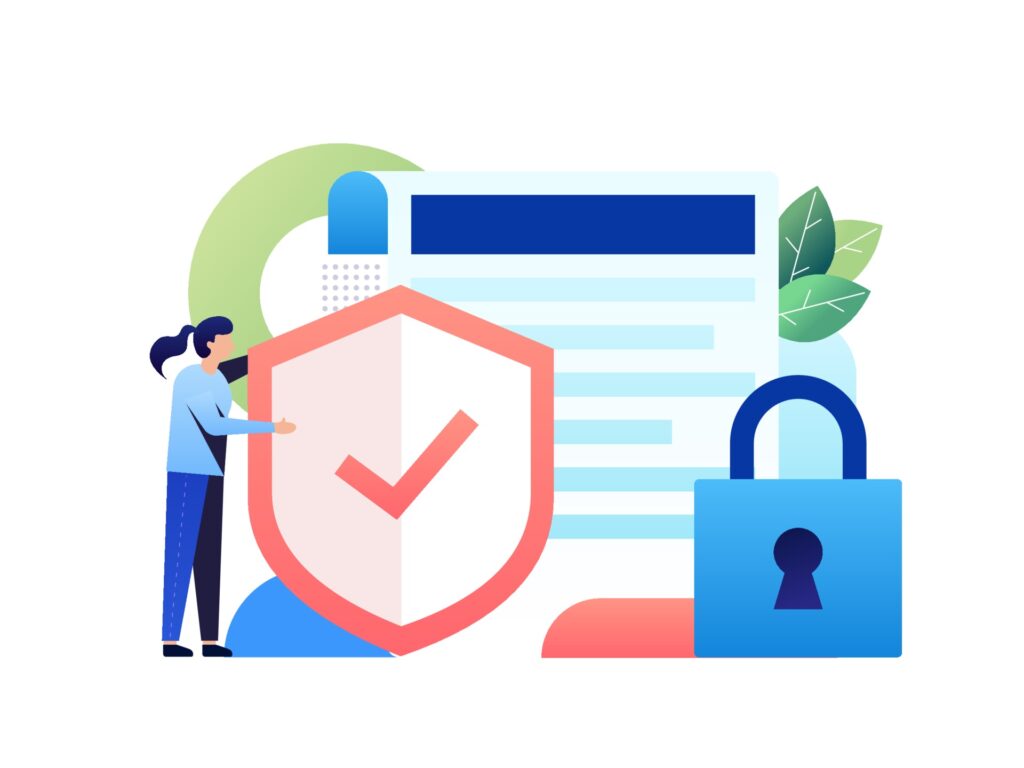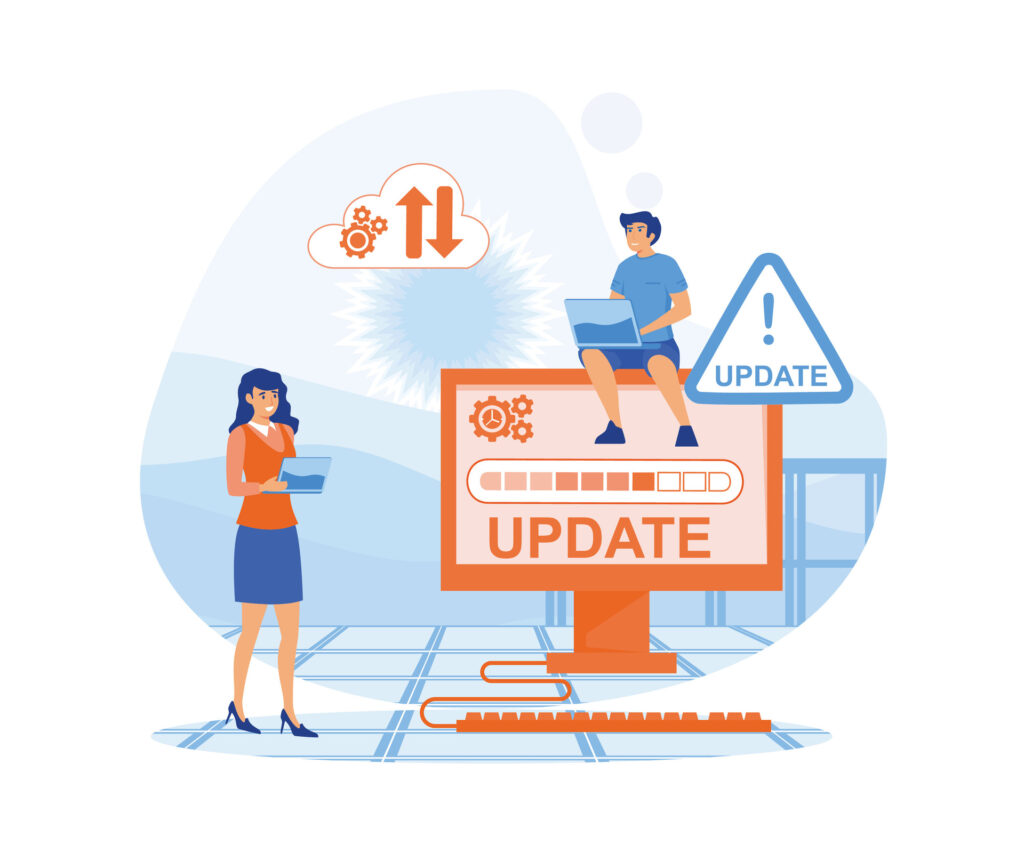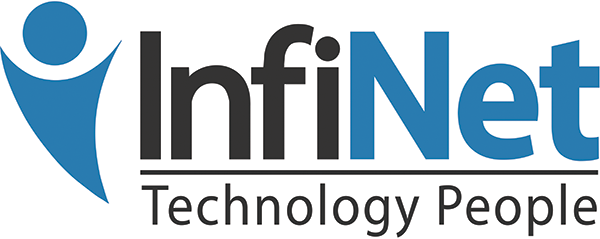Open Houses, Not Open Wi-Fi: Why Network Security Should Be a Top Priority in Real Estate
Agents are always on the go—sending contracts from a laptop, uploading listing photos from a phone, giving live or virtual tours, and using smart tech to stage the perfect open house. But in the race to close deals fast, there’s one crucial detail often left wide open: the network.
Whether you’re at the office or working remotely, unsecured Wi-Fi can quietly compromise sensitive data and systems. In this post, we’ll explore why strong network security matters in the real estate world—and how simple steps like separating guest traffic and avoiding public networks can dramatically reduce your risk.


Open Wi-Fi = Open Invitation
Open or poorly secured Wi-Fi may be convenient, but it comes with serious risks. In a real estate office, if everyone—from staff to clients to vendors—is on the same network, that opens the door to potential security breaches. A guest could unknowingly bring malware into the environment, or worse, a bad actor could intercept sensitive client data.
The danger doesn’t end outside the office. Agents frequently connect to public Wi-Fi at coffee shops, airports, or client locations—often without realizing how vulnerable these networks are. Without the right protections, data sent over these connections can be intercepted, and devices can be exposed to unauthorized access.
The Case for a Dedicated Guest Network at the Office
At your office, separating internal devices from guest or agent-owned devices is essential. A dedicated guest Wi-Fi network provides basic internet access to visitors without exposing business-critical systems.
This protects everything from:
- Client documents
- Office workstations
- VoIP phones
- Cloud file storage
- Smart devices and printers

On the Go? Secure That Connection
Use a VPN (Virtual Private Network)
A VPN encrypts your internet traffic—even over public Wi-Fi—making it nearly impossible for cybercriminals to intercept what you’re sending or receiving. That means your client contracts, login credentials, and email conversations stay private, even on open networks.
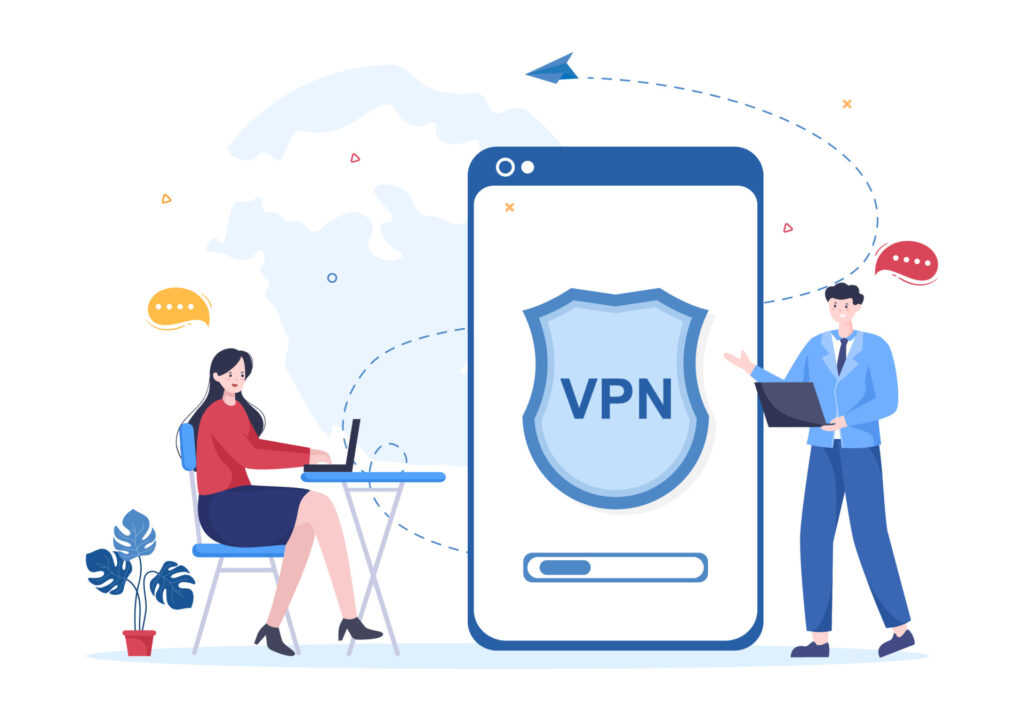

Use a Mobile Hotspot or Tethering Instead
Tethering your laptop to your phone’s data connection (or using a mobile hotspot) gives you a private, encrypted connection that’s far more secure than public Wi-Fi. Many cellular providers include hotspot capabilities, and it’s a simple way to protect your clients’ data on the go.
Avoid Logging into Critical Systems on Open Wi-Fi
Accessing cloud-based systems like your CRM, document storage, or email while on public Wi-Fi puts sensitive information at risk. Without encryption, attackers can capture session data, login credentials, or even hijack your connection. If you must log in, make sure you’re using a VPN first.

Quick Checklist: Network Security Best Practices for Real Estate Teams
• Use strong, unique passwords on all networks
• Enable WPA3 encryption whenever possible
• Set up a dedicated guest Wi-Fi network in the office
• Disable SSID broadcasting for internal networks
• Keep firmware and network hardware updated
• Provide VPN access to remote agents
• Educate your team on public Wi-Fi risks
How InfiNet Helps Real Estate Teams Stay Secure
At InfiNet, we work with real estate offices and independent agents to create secure, scalable IT environments that move as fast as you do.
From properly segmented guest networks to VPN access, endpoint protection, and proactive monitoring, we make sure your data stays safe whether you’re in the office or on the road.
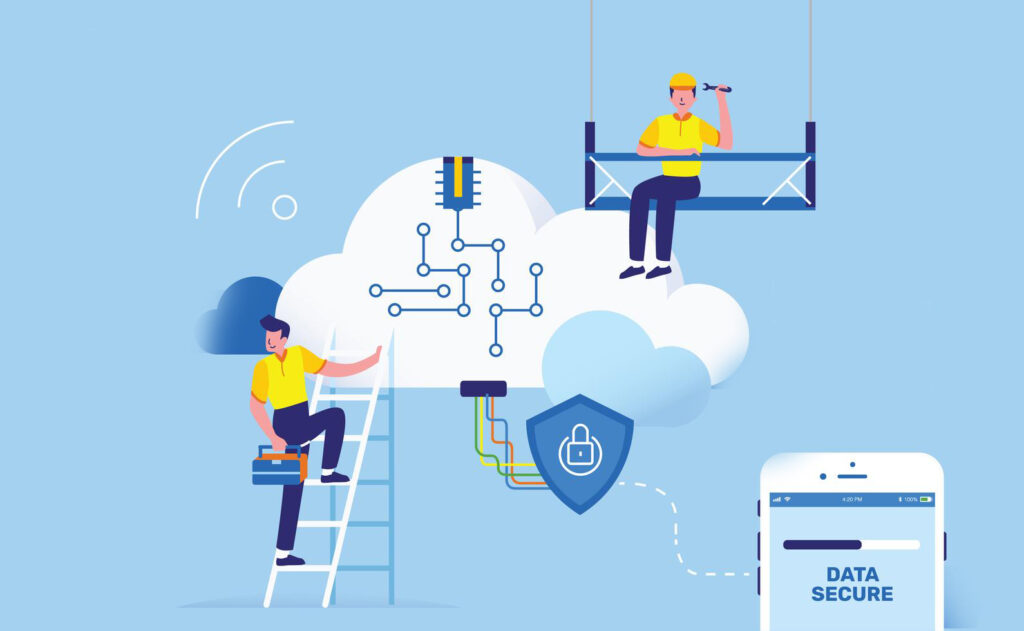

The Bottom Line
Your listings might be open, but your Wi-Fi shouldn’t be. Whether you’re welcoming clients to your office or grabbing a quick coffee between showings, keeping your network locked down protects your clients, your reputation, and your business.


